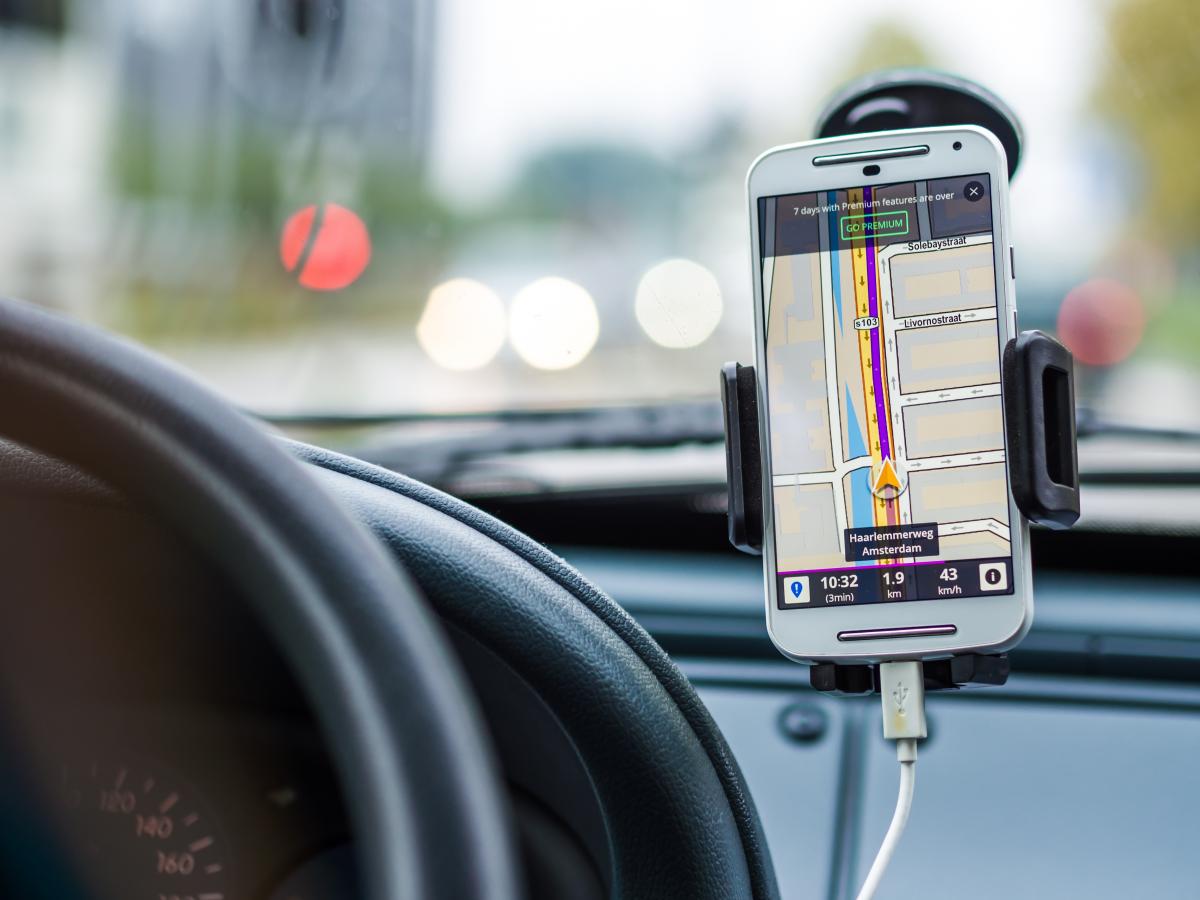
GALILEO keeps people moving
Galileo is Europe’s Global Satellite Navigation System (GNSS), providing improved positioning and timing information with significant positive implications for many European services and users. For example:
- Galileo allows users to know their exact position with greater precision than what is offered by other available systems.
- The products that people use every day, from the navigation device in your car to a mobile phone, benefit from the increased accuracy that Galileo provides.
- Critical, emergency response-services benefit from Galileo.
- Galileo’s services will make Europe’s roads and railways safer and more efficient.
- It boosts European innovation, contributing to the creation of many new products and services, creating jobs and allowing Europe to own a greater share of the EUR 175 billion global GNSS market (GNSS Market and User Reports).
Furthermore, Galileo provides Europe and European citizens with independence and sovereignty, an array of environmental benefits and several new services specific to the Galileo programme (Open Service, High Accuracy Service, Signal Authentication Service, Search and Rescue).
A global player
Until now, GNSS users have had to depend on non-civilian American GPS or Russian GLONASS signals. With Galileo, users now have a new, reliable alternative that, unlike these other programmes, remains under civilian control.
While European independence is a principle objective of the programme, Galileo also gives Europe a seat at the rapidly expanding GNSS global table. The programme is designed to be compatible with all existing and planned GNSS and interoperable with GPS and GLONASS. In this sense, Galileo is positioned to enhance the coverage currently available – providing a more seamless and accurate experience for multi-constellation users around the world.
Mitigating risks
Satellite positioning has become an essential service that we often take for granted. Just think what would happen if GNSS signals were suddenly switched off. Truck and taxi drivers, ship and aircraft crews and millions of people around the world would suddenly be lost.
Furthermore, financial and communication activities, public utilities, security and humanitarian operations and emergency services would all come to a standstill. In other words, as the use of satellite-based navigation systems continues to expand, the implications of a potential signal failure become even greater.
With the addition of Galileo to the global GNSS constellation, we not only minimise these risks, but also ensure better performance and accuracy for the end-user.